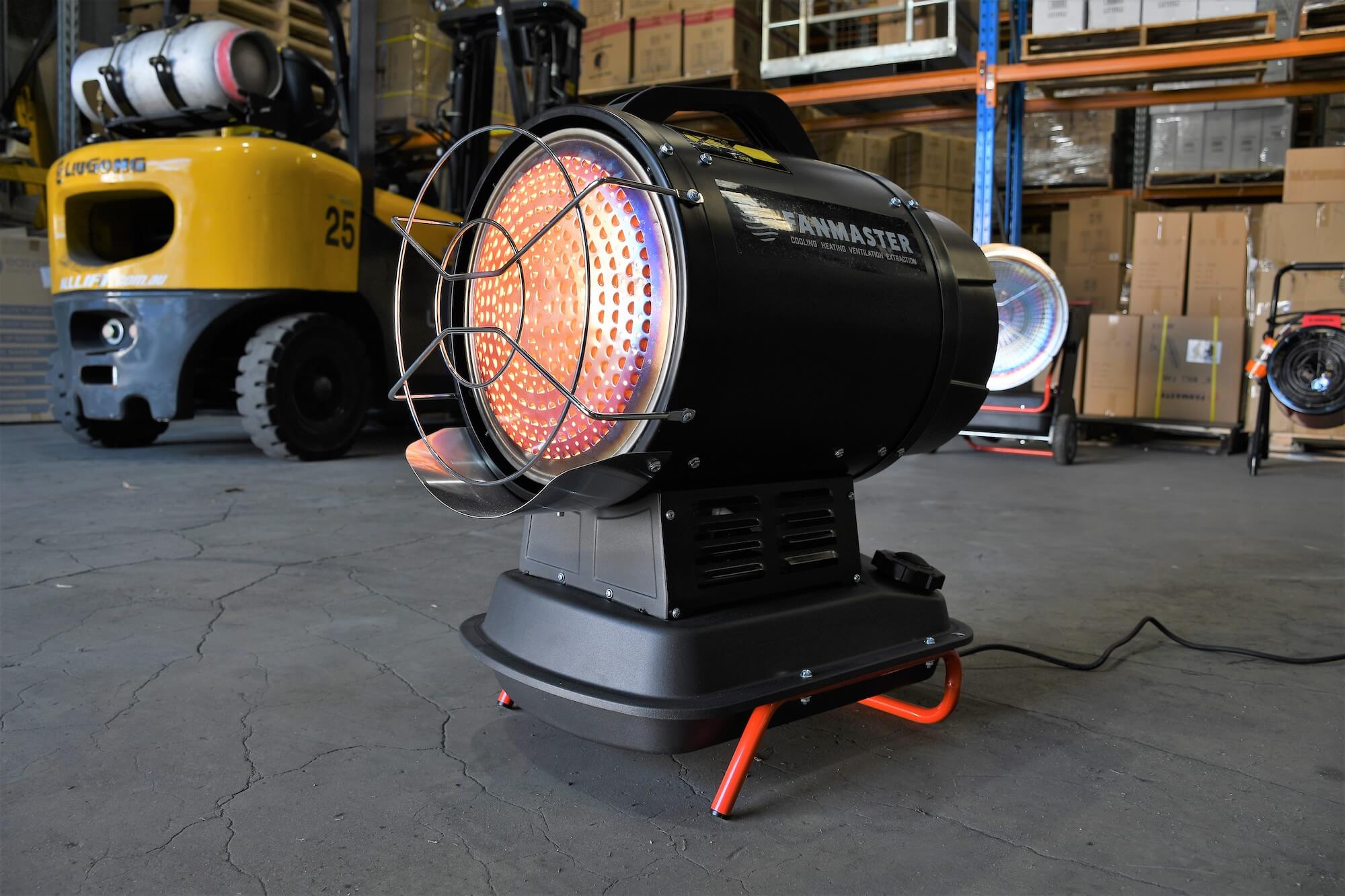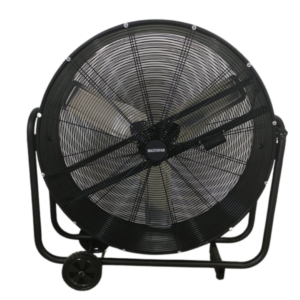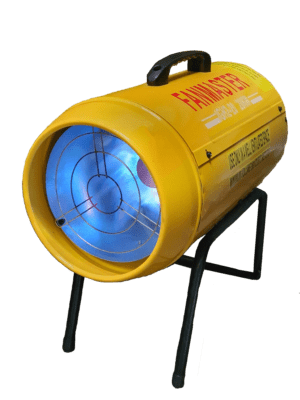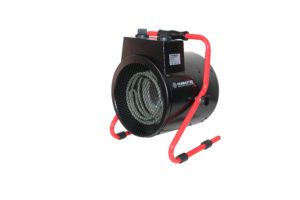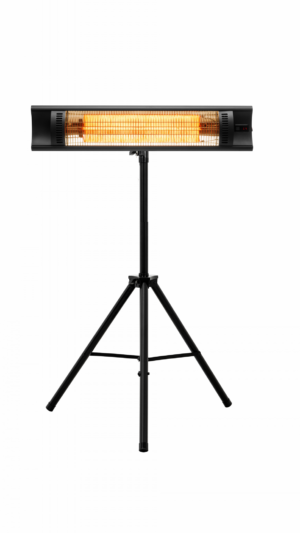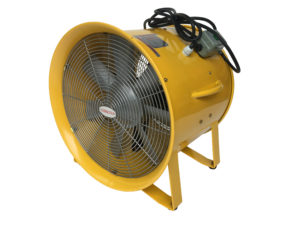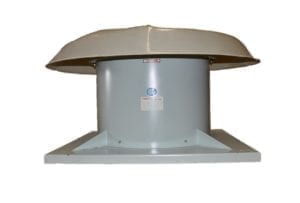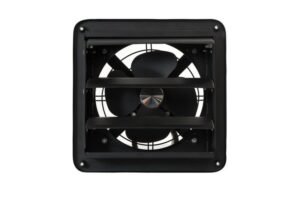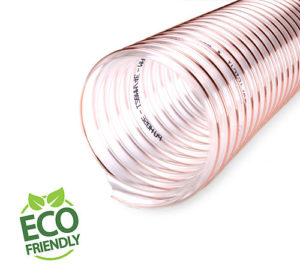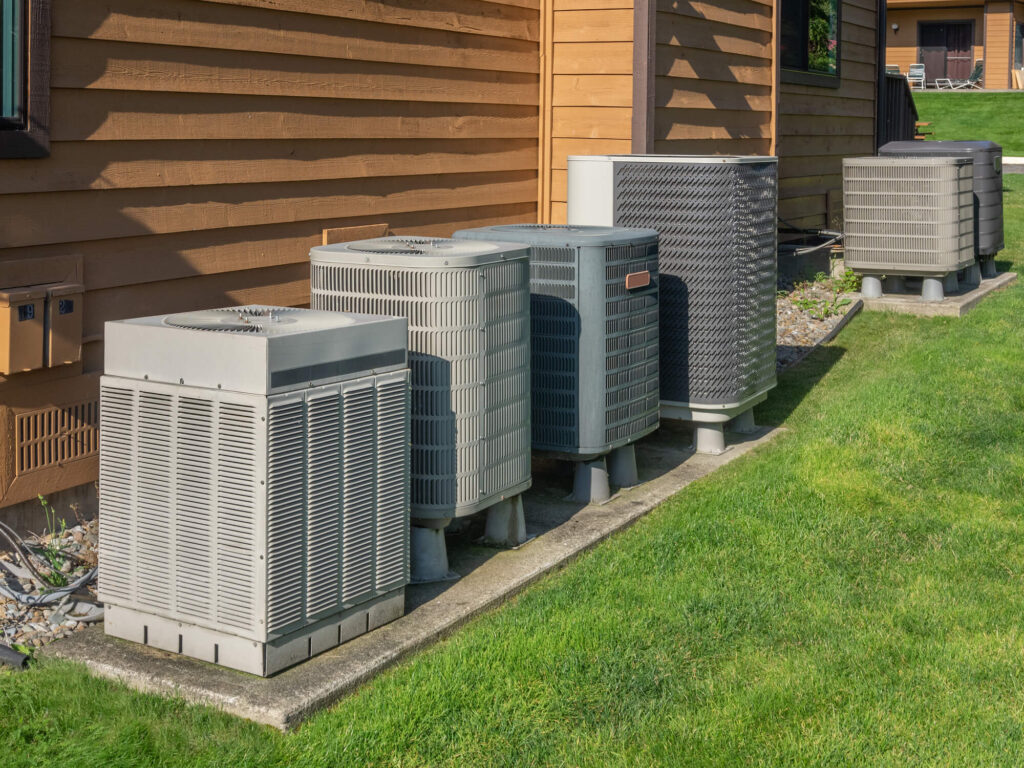There are several fuel options to consider for commercial heating, each with its own set of advantages and disadvantages. The most used fuels in commercial heating systems are electricity, gas, and diesel. The type of fuel used for commercial heating has a large impact on energy efficiency, cost-effectiveness, and environmental impact.
In this blog post, the Fanmaster team look at the advantages and disadvantages of electric, gas and diesel heating systems so you can make an informed decision about which is best for your commercial heating needs.
Gas For Commercial Heating
Pros
- Cost-effective: Gas is frequently a less expensive fuel option than electricity, which can result in long-term savings on heating bills.
- Reliable: Gas heating systems have a long lifespan and need little maintenance.
- Energy efficient: Gas heating systems are generally more energy-efficient than electric heating systems, which means they can heat a space faster and more effectively while using less fuel.
Cons
- Combustion byproducts: Gas heating systems emit harmful byproducts and must be properly vented and maintained on a regular basis.
- Limited availability: Gas availability may be limited at some locations, making installation difficult and costly.
- Carbon footprint: Gas contributes to greenhouse gas emissions.
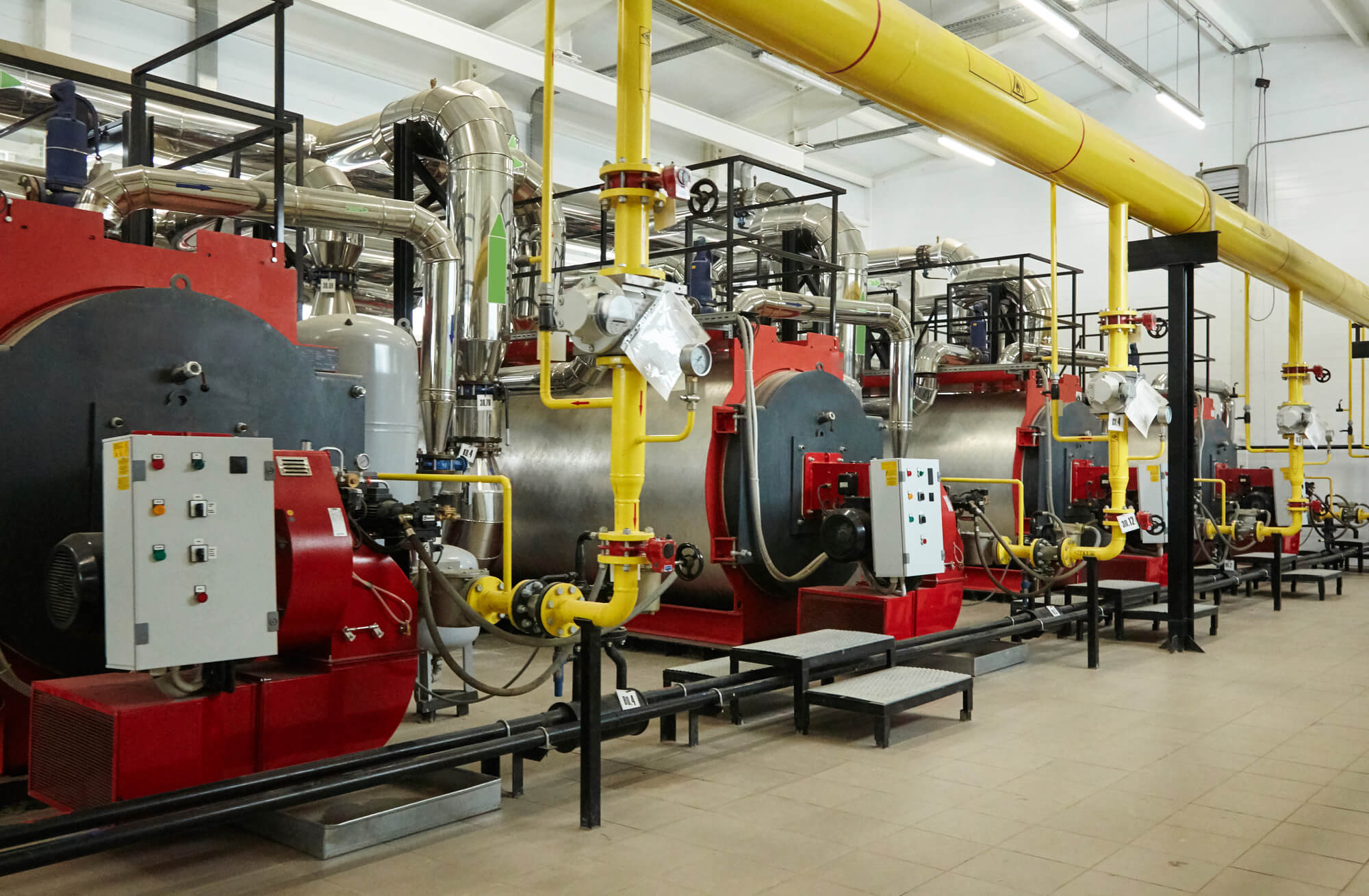
Electricity For Commercial Heating
Pros
- No combustion byproducts: Because electric heating systems do not produce combustion byproducts, there is no need for venting and the risk of carbon monoxide poisoning is reduced.
- Easily installed: Electric heating systems are generally simple to install and require little maintenance, which can lower installation and maintenance costs.
- Safety: Electric heating systems are considered safe and dependable because they do not use combustible fuels.
Cons
- Energy costs: Electric heating can be costly, and slow heating can result in higher energy costs.
- Environmental impact: While electric heating systems do not emit direct emissions, electricity generation frequently uses fossil fuels, which contributes to greenhouse gas emissions.
Diesel For Commercial Heating
Pros
- Higher energy density: Diesel has a high energy density, which makes it an efficient heat producer.
- Cost and availability: It is widely available and can be a cost-effective option in some areas, especially for businesses that do not have access to natural gas.
Cons
- Environmental impact: Because of its flammability, diesel raises safety concerns, and its use contributes to greenhouse emissions that harm the environment.
- Safety: Diesel heating systems must be serviced on a regular basis to ensure their safe and efficient operation.
The question of whether gas, diesel or electric is best for your commercial heating needs depends entirely on your situation. Hopefully, this breakdown of the pros and cons of gas, electric, and diesel has given you enough insight to make an educated decision.
If not, we are here to support you. Get in touch with Fanmaster to learn more.
